What types of anxiety can be helped with natural medicine? Plus - tips to get you feeling more relaxed today
Are you feeling stressed? Our Charlotte, NC clinic specializes in treating different types of anxiety conditions naturally. Anxiety and stress over time is often the biggest cause of illness. It sets us up for chronic conditions and can often begin early on from overworking ourselves to the point of over stimulating our nervous system and causing adrenal fatigue. This will also lead to exhaustion. Other known causes of anxiety can be poor nutrition, over or under exercising, poor liver function, inflammation, poor immune function or insomnia. It affects a large portion of our population and usually goes unnoticed or addressed for years. If left untreated, anxiety can not only negatively impact your health, mood and behavior, but it may lead to poor cholesterol levels, insulin resistance, obesity, and hypertension.
Here’s what to look for to identify different types of anxiety:
- Difficulty waking in the morning
- Lack of energy
- Brain fog, dizzy or light-headed
- Depression or irritability
- Unexplained change in weight
- Cold hands and feet
- Insomnia
- Lack of focus
If you’re experiencing these symptoms from a variety of types of anxiety, your adrenals may need some extra help. Rest is important but at this point you may not be getting quality sleep or sleeping too much and still feeling tired. Acupuncture, Functional Medicine, herbs and nutritional supplements can help you feel better.
Supplement recommendations to reduce many types of anxiety:
- Vitamin C
- Vitamin B
- Ashwaganda
- Maca
- Rhodiola
- Cordyceps
It may be difficult to find the right ones or the correct dosage. Knowing your current functional lab results can help point you in the right direction and lead to better long-term health, improved energy, better sleep strong cognitive skill, less stress and less anxiety.
6 Ways To De-stress
What happens to your body when anxiety occurs:
You only have one stress response. This means that your body reacts to all stressors- real or imagined in the exact same way—by activating the sympathetic branch of your nervous system known as the “fight or flight” response. Every time we are stressed, our bodies automatically enter fight or flight, getting us ready to either engage in battle or run away from different types of anxiety. This triggers a predictable cascade of reactions in our bodies that ultimately results in:
- Increased heart rate and blood pressure
- Blood moves to skeletal muscles away from digestive organs
- Liver produces glucose, elevating blood sugar response
- Dilation of eyes and lung bronchioles to enhance vision and breathing capacity
- Increased production of inflammation
What to be careful of:
Chronic stress (long-term, ongoing stress) can have devastating effects on our health. Ranging from compromised immunity, to mood disorders, chronic disease, and beyond. These negative effects are largely correlated to the continuous and unrelenting production of inflammation.
What can be done to minimize different types of anxiety:
Nose breathing
Breathing through your nose offers tremendous health benefits. Nasal breathing promotes activity of the parasympathetic (“rest and digest”) nervous system. This calms and relaxes the body, slows the breathing and the heart, and promotes digestion. Mouth breathing, on the other hand, often leads to rapid, over-breathing. This hyper-activates the sympathetic nervous system, stressing the body more. Nasal breathing also helps more oxygen to get into your tissues. It also releases nitric oxide into the blood, increasing carbon dioxide (CO2), which, triggers the release of oxygen. Mouth breathing doesn’t effectively release nitric oxide, this means your cells won’t receive as much oxygen, which can leads to fatigue and stress. The nose is a major line of immune defense. Nose hairs act as naturals filter for bacteria, viruses, dust, pollen, and other airborne pathogens. Many people experience improved breathing, decreased allergies, and less illness when they learn how to effectively nasal breathe.
Mindfulness
Mindfulness is the practice of being fully present and aware of your thoughts and actions. Through awareness, you learn how to not be overly reactive or overwhelmed by life’s many, inevitable stressors. Mindfulness is a skill that develops with practice. By bringing awareness to what you are experiencing and thinking, research indicates it can remodel your brain and make you less reactive to future stressors.
- Start with five minutes a day, sit and focus on being mindful, then gradually work to increase the practice of bringing awareness to each moment.
- Assess how you are feeling: physically and mentally. Pay attention to your thoughts, but do so as an observer, without negative judgement.
- Many contemporary forms of mindfulness meditation emphasize breathing exercises. Try practicing nasal breathing during your mindfulness practice and get started!
Attitude of Gratitude
If you can only reduce stress in one area of your life, focus on increasing gratitude in your life, particularly in the morning and/or meal times.
- Develop an “attitude of gratitude” to set the intension of the day and mealtimes to improve your digestion, nutritional status, and overall health.
- Expressing gratitude induces feelings of relaxation, which puts your nervous system into the parasympathetic (rest and digest) state (the opposite of fight or flight). Make it a point to relax before your day begins or during and after your meals, because you are telling our body that it’s safe, which triggers blood to be sent toward your vital organs. Improving circulation, blood flow, respiration and calming the mind.
- If you’re stressed or rushed during mealtimes, your body will be much less efficient at extracting nutrients from food because all of the blood that should be in your stomach, is instead in your muscles getting you ready to fight or flight! Take a moment, breathe and refocus.
- Take three to five minutes to get into a relaxed state. This will facilitate better digestion and activation of your parasympathetic nervous system.
- Create a gratitude journal and write 2-3 things you’re thankful for 4-5 times per week, it will help put you in the right mind set for the day
Moderate exercise
Too much exercise, or exercising when you’re tired or sick are significant stressors on your body because over-exercising contributes to fatigue, burnout, immune system suppression, inability to lose weight, loss of bone density, and other undesirable outcomes. When we over-exercise, our bodies think we are endangered and it triggers the fight or flight stress response. On the flip side, inactivity is also very stressful for the body. In addition to muscle wasting and declining organ reserve, a lack of exercise causes metabolic and hormone imbalances and chemical changes in your brain which can also lead to depression and more stress.
Moderation is key when it comes to exercise! Move frequently in all the ways that your body is able to move, walk, run, bike or agility (cardio).
Lift weights 2-3 times a week to build muscle and also build better bone density.
Elevate your heart rate 3-4 times per week (20-45 minutes of exercise at about a 60% intensity level) to benefit cardiovascular and also metabolic health.
Sleep
Our body does the majority of its healing while you’re asleep. A lack of sleep can make you more prone to becoming stressed, fatigued, unmotivated and more stress in your life can lead to decreased sleep quality. Do your best to maintain a regular sleep/wake cycle by going to bed at the same time every day, no later than 11pm because you need to get enough sleep (7–8 hours. Ideally regular hours to maintain a healthy circadian rhythm, which is essential for proper hormone production and balance. For the best quality sleep, block out or turn off artificial lights at night and in your bedroom to make it as dark as possible. Need help getting into a regular sleep pattern? Try acupuncture or Chinese Herbs.
Nutrient deficiencies
Stress can also be caused by and can also lead to nutrient deficiencies. Certain supplements can be very helpful to support the body’s response to stress and may help to support a sense of relaxation as well. Adaptogenic herbs and specific nutrients like vitamin C, D, A, K have been studied for their stress supportive properties. If your experiencing chronic stress, more stress than usual or difficulty relaxing reach out to our team about supporting your stress response through Functional Medicine, Acupuncture, supplementation and nutrition.


